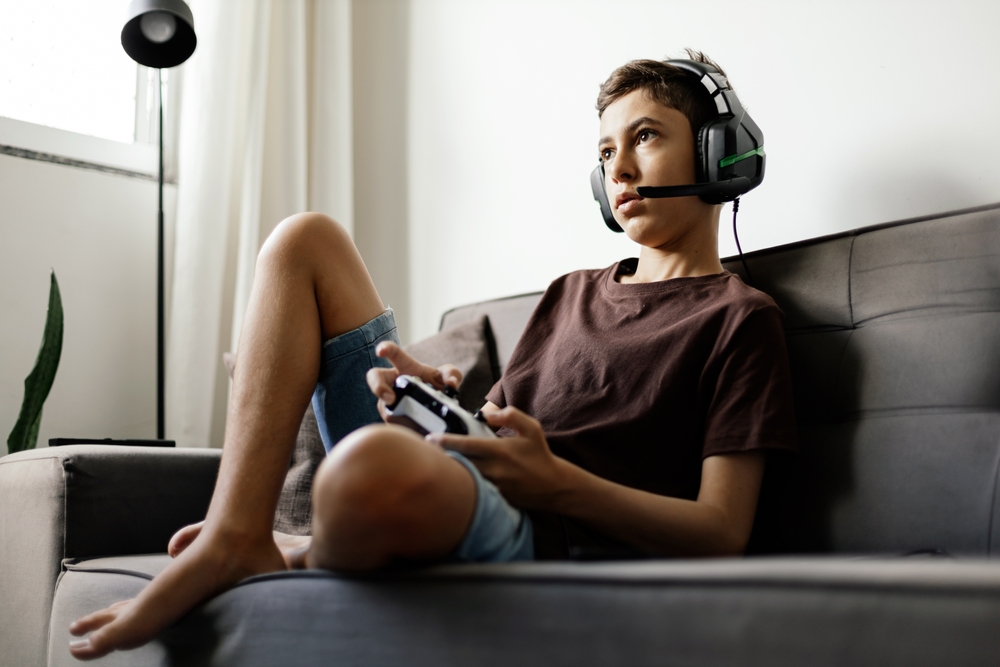Hearing loss is no longer a condition primarily associated with aging. While it’s true that the elderly have traditionally been the face of hearing loss, recent trends reveal that younger populations are increasingly at risk. This shift represents a significant change in the way we understand and approach hearing health. According to a joint report from the World Health Organization (WHO) and the United Nations, over 1 billion people aged 12-35 are now at risk of developing hearing loss. This alarming statistic signals a new normal—one where hearing loss affects individuals across all age groups.
Why are younger generations at risk?
Historically, hearing loss developed gradually over time, often linked to the natural aging process or exposure to loud environments, such as industrial workplaces or concert venues. It was an expectation that as we aged, our hearing would diminish, and hearing aids would become a common accessory in our later years. However, this narrative is rapidly changing.
Today, it’s not unusual to see teenagers or young adults requiring hearing aids—a trend that was previously unheard of. The cause? Modern technology, particularly the ubiquitous use of smartphones and personal audio devices. Young people are increasingly engaged in activities that expose their ears to potentially harmful noise levels, often without realizing the long-term damage they are inflicting on their hearing.
The role of technology in accelerating hearing loss
The rise of personal audio devices, such as smartphones, tablets, and laptops, has revolutionized the way we consume media. From streaming music and watching movies to engaging in social media and video chats, these devices are deeply integrated into our daily lives. While they offer unparalleled convenience and entertainment, they also come with a hidden cost: the potential to cause irreversible hearing damage.
The danger lies not only in the volume at which young people listen to music or engage in conversations but also in the duration of exposure. Many are unaware of the cumulative effect that long-term exposure to even moderate noise levels can have on their hearing. As the WHO report indicates, this lack of awareness is contributing to a global increase in hearing loss among younger populations—a trend that could have profound implications for public health.
Understanding the true causes of hearing loss
A common misconception is that only exposure to extremely loud noises can cause hearing damage. While it’s true that loud environments, such as concerts or construction sites, can pose an immediate threat to hearing, prolonged exposure to moderate noise levels can be just as damaging over time. This is a critical point that is often overlooked, particularly among younger individuals who may not yet be concerned with their long-term health.
Many young people continue to associate hearing loss with aging, leading them to underestimate the risks posed by their daily habits. However, the reality is that hearing loss can occur at any age, and the behaviors that contribute to it are often established early in life.
Protecting hearing health in the digital age
Given the widespread use of personal audio devices, it’s essential to implement preventative measures to protect hearing health, particularly among younger generations. One approach is to leverage technology to increase awareness and encourage safer listening habits.
For instance, some hearing specialists advocate for the integration of safety features into mobile devices, such as:
- Volume Warnings: Alerts that notify users when they are listening at volumes that could cause damage.
- Duration Warnings: Notifications that activate when users have been exposed to potentially harmful noise levels for extended periods.
- Parental Controls: Features that allow parents to set maximum volume limits on their children’s devices, helping to instill healthy listening habits from a young age.
These measures represent just the beginning of what could be a broader cultural shift in how we approach hearing health. Encouraging young people to recognize the importance of protecting their hearing, much like wearing sunscreen to protect their skin, could go a long way in reducing the incidence of hearing loss in future generations.
Addressing hearing loss before it’s too late
One of the most effective ways to combat hearing loss is through early intervention. Regular hearing check-ups, particularly for individuals who frequently use personal audio devices, can help identify potential issues before they become severe. By catching hearing loss early, it’s possible to take corrective action, such as reducing exposure to harmful noise levels or using hearing protection, to prevent further damage.
Additionally, education plays a vital role in preventing hearing loss. Schools, healthcare providers, and even tech companies have a responsibility to raise awareness about the risks of hearing damage and promote safe listening practices.
A call to action for a new generation
As we move forward into an increasingly digital world, it’s clear that the challenges to our hearing health are evolving. What was once a concern primarily for the elderly is now becoming a pressing issue for younger generations. The time has come to rethink our approach to hearing loss, recognizing it as a significant health concern that transcends age.
If you are experiencing hearing loss—no matter your age—we highly encourage you to schedule an appointment with a hearing specialist near you.
